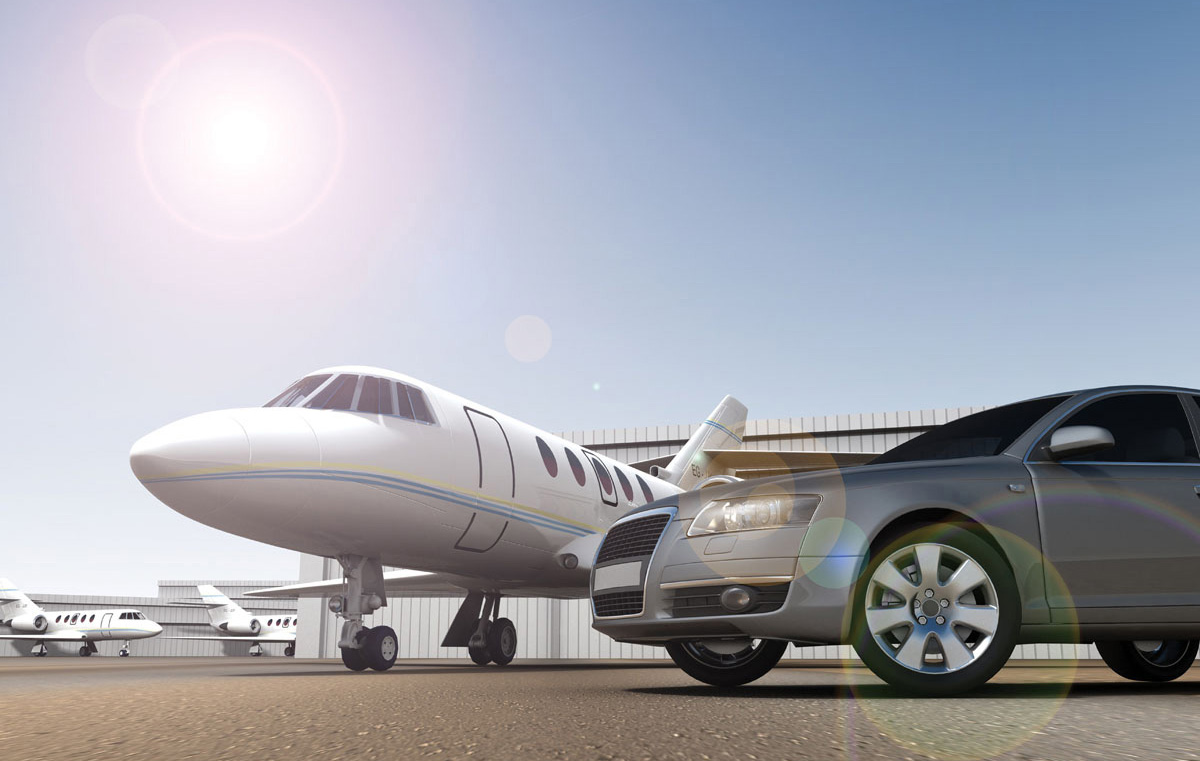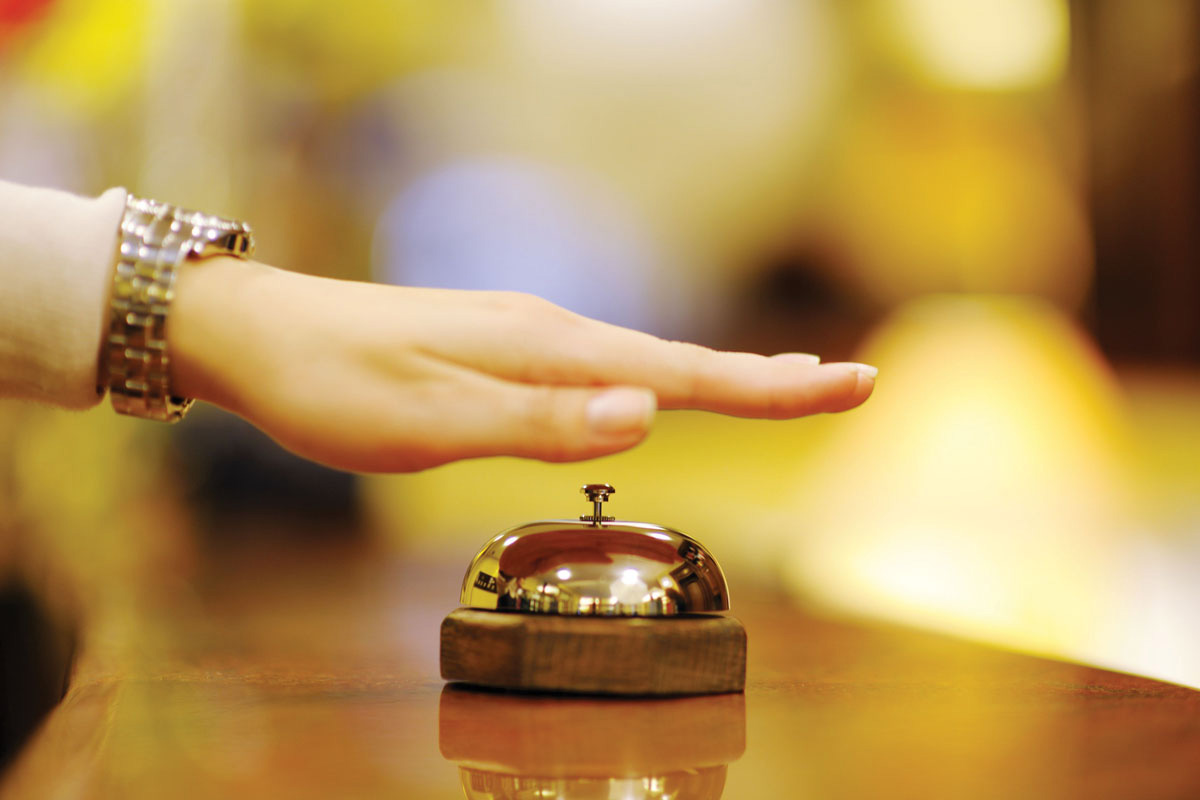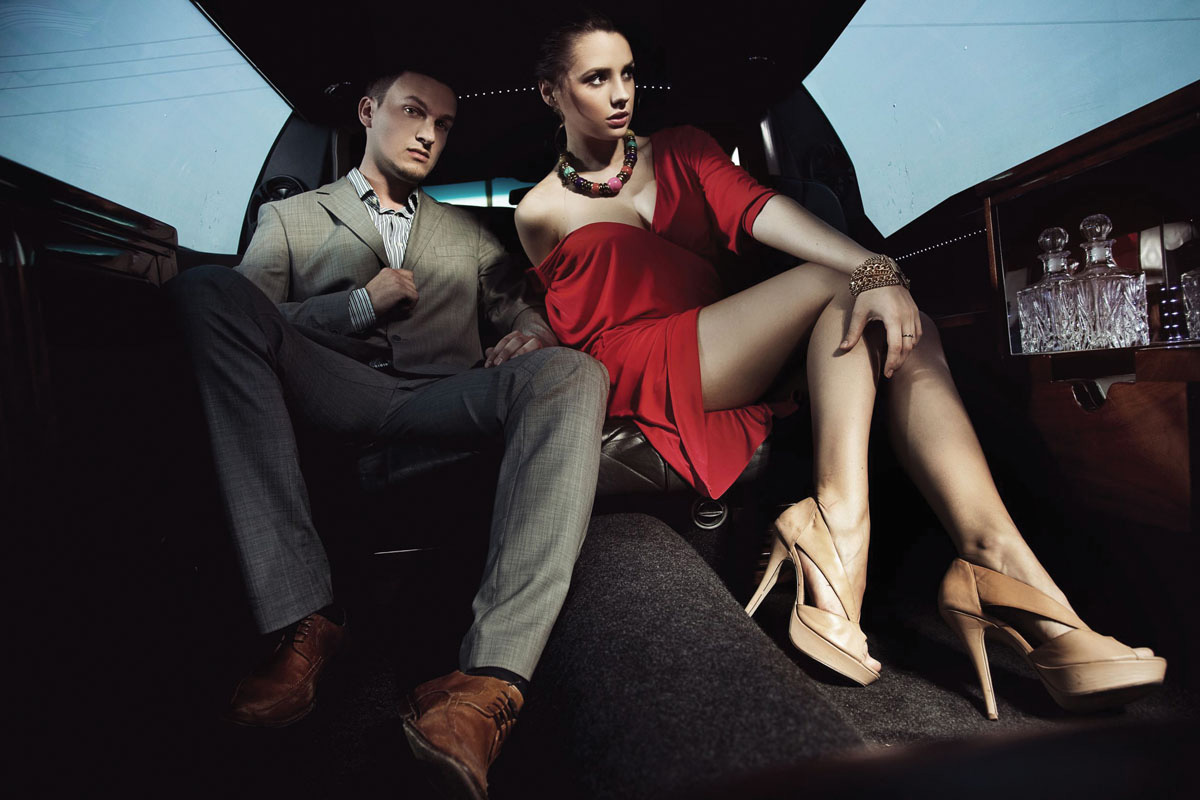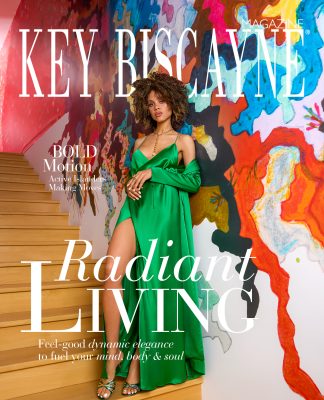 Initially, luxury was looked down upon. Plato cautioned that luxury was a sign of weakness and ancient societies tried to rein in our seemingly innate desire for indulgences, counseling that this appetite for luxury would destroy the social fabric. But human nature won out and soon the Romans were spending their days lolling in the baths and gorging on good food. From then on, flaunting wealth to illustrate status and power became common — from a lavish French chateau, to the gowns ladies wore to society events. Luxury became the way political, social, economic status and even self-worth was displayed.
Initially, luxury was looked down upon. Plato cautioned that luxury was a sign of weakness and ancient societies tried to rein in our seemingly innate desire for indulgences, counseling that this appetite for luxury would destroy the social fabric. But human nature won out and soon the Romans were spending their days lolling in the baths and gorging on good food. From then on, flaunting wealth to illustrate status and power became common — from a lavish French chateau, to the gowns ladies wore to society events. Luxury became the way political, social, economic status and even self-worth was displayed.
While we can all recognize what is symbolic of luxury, luxury isn’t universal. If your bank account is overflowing, luxury to you might be a new yacht, but if you’re living on the streets of Downtown Miami, luxury to you might be a fast-food meal instead of a dumpster dive.
 Luxury is also not static. In 1900, if you had any car, that was a luxury. Today, everyone has a car so that vehicle has to be very special to be seen as luxury. During the last 50 years, luxury has morphed more than perhaps at any other time in history and today remains a nebulous concept quite in flux. Fueled by technology and a rise in discretionary income, more people began to feel they deserved luxury goods, and more and more luxury brands began to cater to the mass market.
Luxury is also not static. In 1900, if you had any car, that was a luxury. Today, everyone has a car so that vehicle has to be very special to be seen as luxury. During the last 50 years, luxury has morphed more than perhaps at any other time in history and today remains a nebulous concept quite in flux. Fueled by technology and a rise in discretionary income, more people began to feel they deserved luxury goods, and more and more luxury brands began to cater to the mass market.
Today, a Louis Vuitton purse or a Tiffany diamond doesn’t carry the same cachet it once did because they have become common. For something to be revered as luxury, there needs to be scarcity involved. When that feeling of privilege is reduced, so is the perceived luxurious value.
During the recession, we heard a lot about affordable luxuries. We might have to give up our country club membership, but we’re not going to give up our Godiva chocolates! “Starbucks is the perfect example of this,” says Dr. Margret King, Director for the Center For Cultural Studies & Analysis. “They took a commodity and turned it into an affordable luxury.” According to King, luxury has always been about reward. It doesn’t have to be something big, but it does have to be something we do on a regular basis. In a world where it often seems we’re under-appreciated, a little luxury like grande mocha is a gift most people can give themselves.
 “Luxury has indeed become more accessible,” says Jonathan Alpert, a New York-based Psychotherapist, Author & Coach. “A couple of recent examples include the iPhone 5C — priced much lower than other iPhones — and the 2014 Mercedes CLA, priced at 29K. These items for many may have felt inaccessible until now. The result is higher standards for luxury. As the floor lifts, the ceiling rises.”
“Luxury has indeed become more accessible,” says Jonathan Alpert, a New York-based Psychotherapist, Author & Coach. “A couple of recent examples include the iPhone 5C — priced much lower than other iPhones — and the 2014 Mercedes CLA, priced at 29K. These items for many may have felt inaccessible until now. The result is higher standards for luxury. As the floor lifts, the ceiling rises.”
At its core, luxury is about a need not a want. Luxury is not logical. Why would we spend hundreds of dollars for a pair of jeans when there is denim available for under $20? Any good marketer knows the answer is because the jeans are more than simply a pair of pants. “People are buying an identity,” says Alpert. “Buying a Bentley gives you more than just a car, it provides you with an image and a persona…one that says ‘I have it all together. I have money and I’m comfortable spending it’.”
But in the future, what will luxury be? As the brands we traditionally think of as luxurious have gone mainstream, what will rise to take their place? Knowing that luxury is defined by what is scarce, what is elusive and what we don’t normally enjoy, it seems like luxury is morphing away from “stuff” and into something different. “Research shows that the nature of luxury is really changing. How you organize your life and how you spend your time is the future wave of luxury,” says King.
Today, luxury might be a perfectly planned trip with the kids and grandkids where you can relax and enjoy each other’s company. Or maybe it’s having a personal assistant or household manager who can tend to the mundane details of life, freeing you up to have time to go to your son’s soccer game. “I work with some of Manhattan’s most affluent people and I can say with great confidence, that what people ultimately want is time, and more of it,” says Alpert.
 While technology helped democratize luxury, today anyone with a headset can listen to higher-quality music than the elite during Mozart’s time could. Technology has also fractured our social connection. Thus, today we thrive on superficial human connections with random Facebook “friends” instead of dinner parties and in-person business meetings. Face time is now a luxury, as is disconnecting from our 24/7 world.
While technology helped democratize luxury, today anyone with a headset can listen to higher-quality music than the elite during Mozart’s time could. Technology has also fractured our social connection. Thus, today we thrive on superficial human connections with random Facebook “friends” instead of dinner parties and in-person business meetings. Face time is now a luxury, as is disconnecting from our 24/7 world.
Expect shared experiences to gain in luxury status. We see that in the proliferation of “experiential” travel and giving experiences as gifts instead of material things. The rise in wellness travel and retreats also reflects how leaving technology behind is becoming a luxury. In our increasingly complicated world, simplicity is also becoming luxurious. We see this in the popularity of minimalist-designed luxury hotels that feel rich yet unpretentious at the same time.
And as the Baby Boomers age, we’re seeing health becoming a luxury as alternative preventative medicine and concierge doctors grow in popularity. With the threat of terrorism more prevalent, even safety and security could become a luxury. Today, you may laugh at the Doomsday Prepper next door but in the event of an attack or outbreak, his underground bunker just made the 5-Star resort look like a Motel 6.
While luxury is changing and constantly being redefined, at its core it will always be about having something the average person doesn’t have, feeding the ego and rewarding one with whatever luxury means to them.











